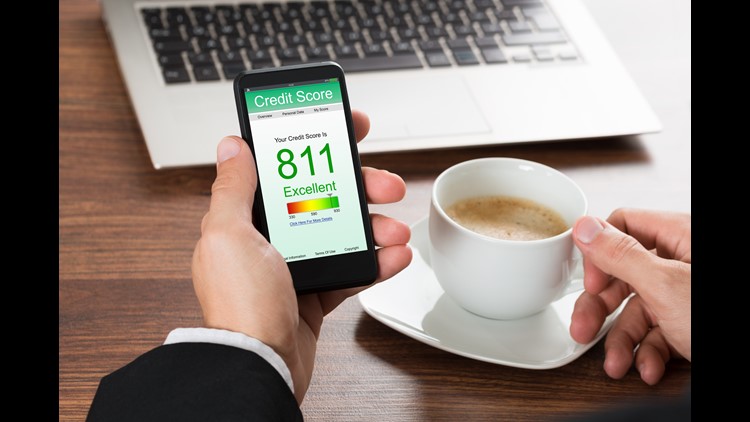Are you a business owner looking to reduce energy costs and increase environmental sustainability? Installing a commercial solar system might be the answer. In fact, according to recent reports, the US solar market recorded 19.2 gigawatts of solar capacity in 2020, with the commercial sector accounting for 2.6 gigawatts of that total.
Nevertheless, installing a commercial solar system can potentially burn a hole in your pocket and affect the company budget. So, if you plan to install these, you must look for commercial solar financing options.
Though it can be a complex topic, we’ll cover the key things you need to know in this article. So, let’s cut to the chase!
The Basics of Commercial Solar Financing
Before you start exploring Commercial Solar Financing options, it’s important to understand its basics. Essentially, you have two options: purchase your solar system outright or finance it through a third-party lender.
Purchasing your system outright means you own it and are responsible for maintenance and repairs. While financing your system means you have to make monthly payments to the lender. In this scenario, the lender owns the system and is responsible for maintenance and repairs.
So, you must consider these factors when financing your real estate and land development projects.
Financing Options
There are several financing options available for commercial solar projects. These include:
Solar Loans: This type of financing allows you to purchase solar systems and make monthly payments to pay off the loan. These loans may be offered by banks, credit unions, or solar installers themselves. Solar loans typically have lower interest rates than traditional loans, making them an affordable option for many businesses.
Power Purchase Agreements (PPAs): It’s an agreement between a solar developer and a business. It allows the business to buy the solar power generated by the system at a fixed rate for a set time. With a PPA, the solar developer owns the system and is responsible for maintenance and repairs.
Solar Leases: The solar lease is similar to a PPA regarding system ownership and maintenance responsibility. However, with a solar lease, the business pays a monthly fee to use the system instead of buying its power.
According to your project or business requirements, you can select any of these financing options. Even so, it would be best to consult the professionals or suppliers before making the final decision.
The Benefits of Going Solar
Your business can reap numerous benefits by going solar. These include (but are not limited to) the following:
Tax Incentives: One of the biggest benefits of going solar is the tax incentives. According to reports, the federal government offers an Investment Tax Credit (ITC) that allows businesses to deduct 26% of the cost of their solar system from their taxes. Additionally, many states and local governments offer their own tax incentives for solar power.
Lower Energy Costs: By generating your own solar power, you can significantly reduce your energy costs over time. This can help you save money and boost efficiency.
Increased Property Value: Installing a solar system is likely to appreciate the value of your projects, making them more attractive to potential buyers.
Final Sentence
Commercial solar financing can provide your business with long-term cost savings and environmental benefits. So, explore your options and make the switch to solar today!









